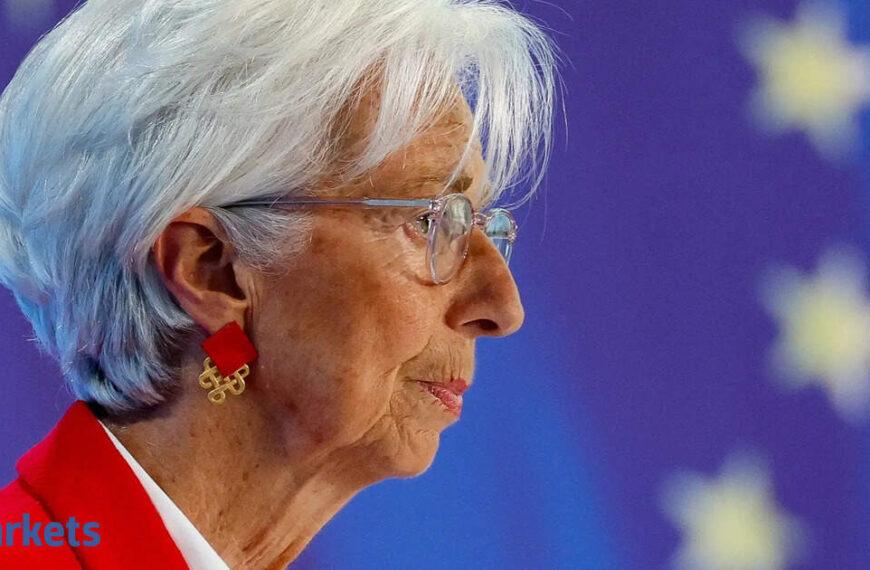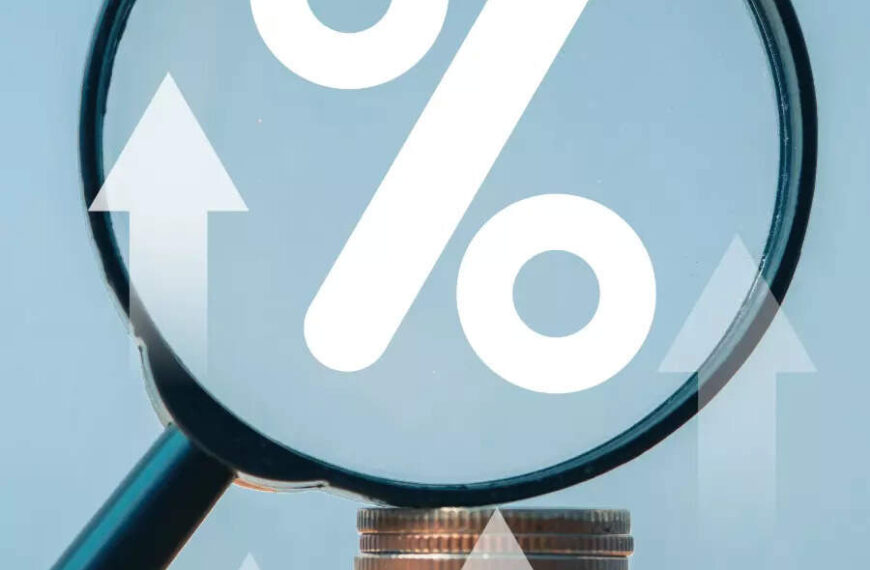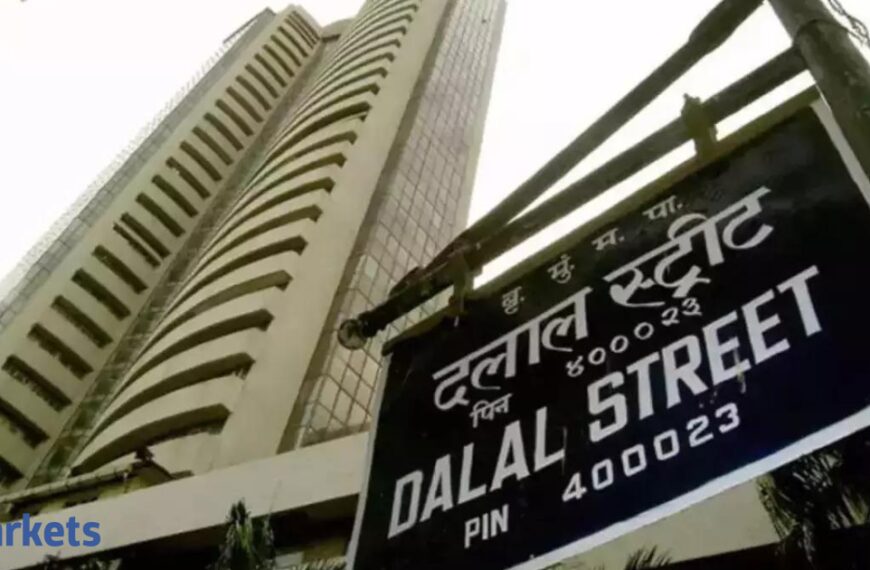https://x.com/PeterSchiff/status/1933327752297591281
Bitcoin dropped below $103,000 in intraday trading on Friday after news broke of Israeli strikes targeting Iranian nuclear facilities and military commanders. The escalation rattled global markets, with gold, U.S. Treasuries, and the Swiss franc gaining on safe-haven demand. In contrast, Bitcoin and other digital assets saw a broad selloff. Ethereum fell nearly 9%, while altcoins such as Solana, Avalanche, and Chainlink plunged between 8% and 10%.
Crypto Tracker
The selloff erased over $140 billion from the global crypto market, which slipped to $3.24 trillion. Analysts flagged Bitcoin’s breakdown below the $105K–$106K support zone and rejection at $110.5K as signs of a short-term trend reversal. Over $1.4 billion in long positions were liquidated as traders rushed to hedge.Despite the volatility, institutional flows remained steady. BlackRock’s spot ETFs reportedly added 2,650 BTC and 36,640 ETH on June 12 — just days before the geopolitical shock.
Critics like Schiff argue that Friday’s reaction underscores Bitcoin’s limitations as a safe-haven asset. Gold, in contrast, firmed up amid the uncertainty, while crude oil prices surged nearly 10% over supply concerns. Brent crude touched $78.50 a barrel — its highest since January 27 — marking the steepest weekly gain since 2022.However, crypto proponents believe that short-term price reactions don’t invalidate Bitcoin’s long-term value proposition. They argue that Bitcoin’s fundamentals remain strong and that its utility as a decentralised, non-sovereign asset is still intact, especially during prolonged periods of monetary instability.Also Read: Civil War has begun! Rich Dad Poor Dad author Robert Kiyosaki warns of global chaos, backs Bitcoin as the only safe haven
As the situation in the Middle East evolves, the episode adds fresh fuel to the debate over Bitcoin’s role in global finance. Whether it can consistently behave like a safe-haven asset during geopolitical crises remains a question — one that Schiff and many others are closely watching.
(Disclaimer: Recommendations, suggestions, views and opinions given by the experts are their own. These do not represent the views of the Economic Times)

















